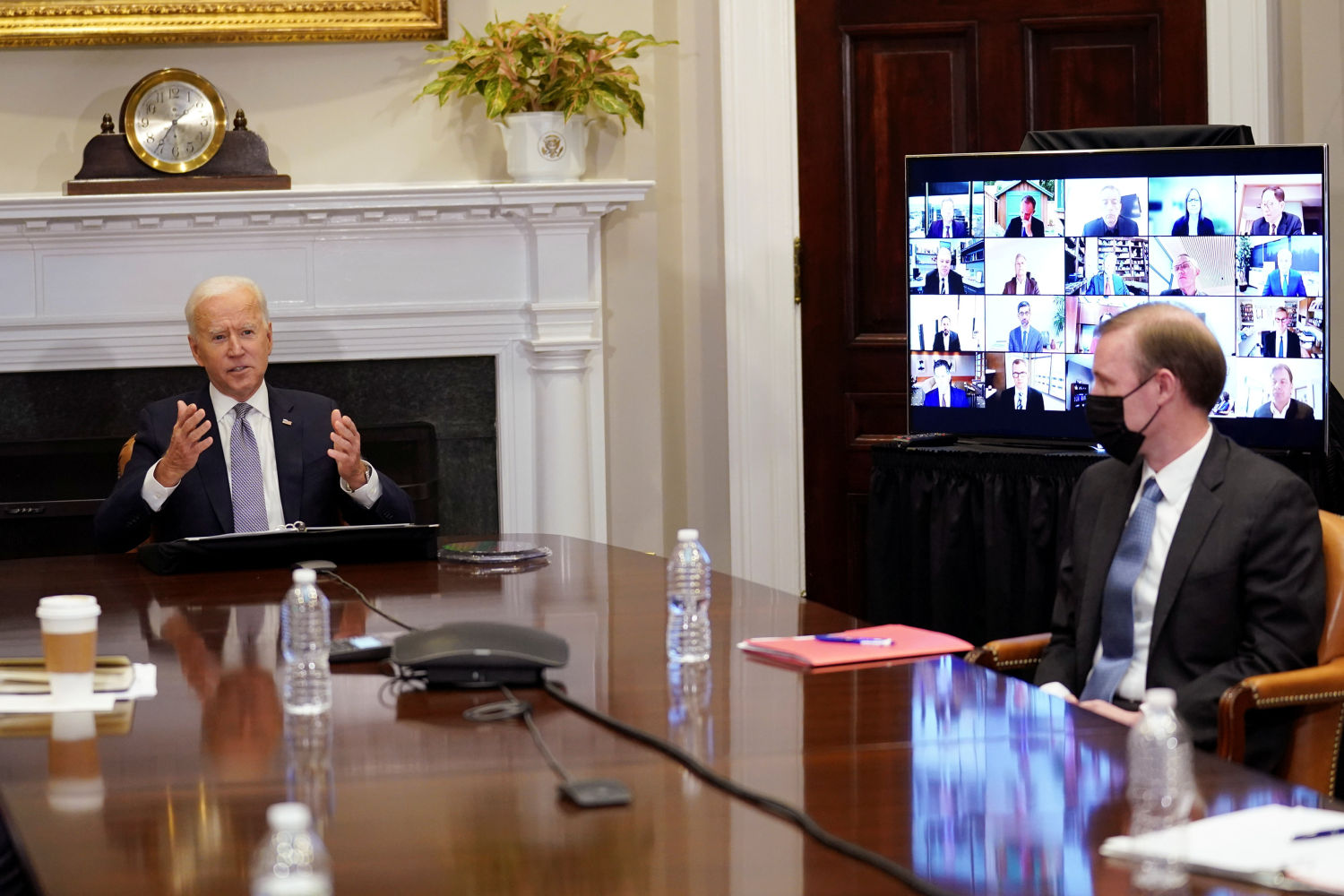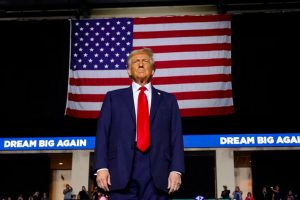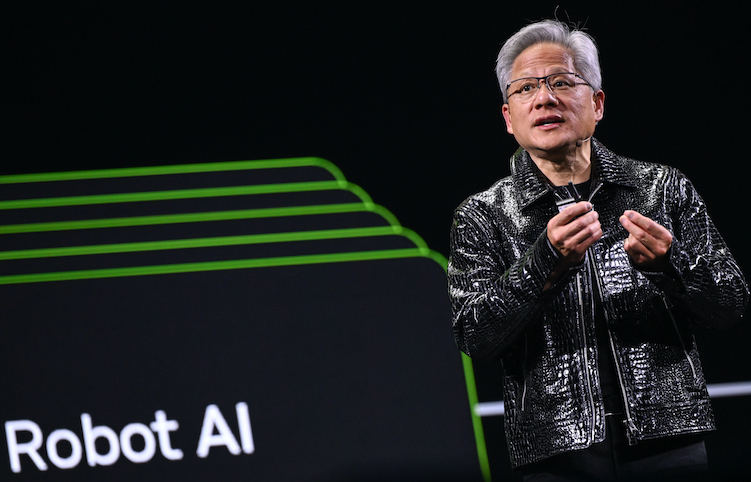(ATF) US President Joe Biden convened a meeting of top chief executives on Monday to discuss the global semiconductor shortage, as analysts warned the chip squeeze would get worse.
Biden, addressing the leaders of General Motors (GM), Google and Intel among others, said the US must build up its own infrastructure to prevent future supply crises.
“We led the world in the middle of the 20th century,” Biden said. “We led the world toward the end of the century, we’re going to lead the world again.”
The president said he has bipartisan support for legislation to fund the semiconductor industry and cited Chinese competition as a reason for this cross-party support.
“Today I received a letter from 23 senators, bipartisan and 42 House members, Republican and Democrat, supporting the chips for America programme,” Biden said, adding that the letter cited Chinese competition for computer chips as a reason for US action.
Biden previously announced plans to invest $50 billion in chipmaking and research as part of his broader focus on rebuilding US manufacturing included in his $2 trillion infrastructure plan.
“We’re investing aggressively in areas like semiconductors and batteries, that’s what [China] is doing and others, so must we,” said Biden.
ASIA IS THE EPICENTRE
However, Asia remains the centre of global semiconductor production. Most manufacturers of electronic devices outsource chip production to large so-called foundries such as Taiwan Semiconductor Manufacturing Company (TSMC). Mark Liu, TSMC’s boss, attended the US meeting.
Most “installed wafer capacity” – the ability to process blank silicon wafers into chips – is based in Taiwan and South Korea, while China and Japan also represent a significant share. Altogether 70-75% is sourced from Asia.
The gathering attended by Biden, which was led by national security adviser Jake Sullivan, National Economic Council director Brian Deese and Secretary of Commerce Gina Raimondo, comes as a shortage of semiconductors wreaks havoc on supply chains in several sectors.
US firms have begun to react to the structural challenges. Intel last month announced plans to vastly scale up chip manufacturing as it builds new factories in the US and Europe.
Intel chief executive Pat Gelsinger, who attended the meeting, told Reuters the company wanted to start producing chips at its factories within six to nine months to address a shortage that has idled assembly lines at some US vehicle plants.
SHORTAGES BEYOND CHIPS
The crunch has badly dented US auto manufacturing, with GM, Ford and other carmakers temporarily shutting some factories or reducing production and Gelsinger warning the supply crunch could lead to a potential 1.3 million unit shortfall in US car and truck production this year.
The shortage has also raised worries throughout the electronics sector, which faces shortages and higher prices for chips in game consoles and tablets.
In addition, the coronavirus pandemic has upended global supply chains, creating shortages in other areas besides semiconductors. “We are now seeing evidence of supply shortages in everything from materials and logistical support to labour,” Mike Wilson, chief US equity strategist and chief investment officer at Morgan Stanley in New York, said.
However, the shortage of semiconductors is a “continuing and major issue” and is likely to extend in 2022 and beyond, according to Rico Luman, senior sector economist at ING in Amsterdam, who focuses on transport, logistics and the automotive industry.
“Current lead times for chips can be as long as 26 weeks and up to a year for some specific variants [of chips],” he said. “Despite significant planned investments in semiconductor production facilities … semiconductor manufacturing lines will remain operating at near full capacity in the coming years, making the industry sensitive to future supply shocks.”
White House press secretary Jen Psaki told reporters no immediate decision or announcement on alleviating the chip shortage was likely to come from the meeting. She described it as a time for the president “to hear directly from companies about the impacts, what would help the most through this period of time”.
With reporting by Agence France-Presse and Reuters
ALSO SEE:
Biden warns senators China could ‘eat our lunch’
Biden warns Xi to expect ‘extreme competition’ from the US
Blinken says US will keep pressure on China over human rights issues
Biden’s cabinet picks declare trade war with China far from over
























